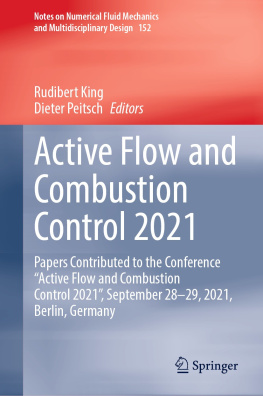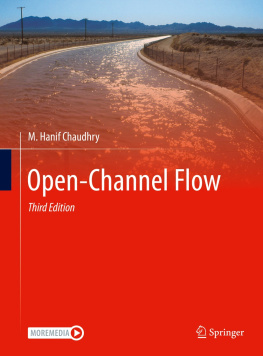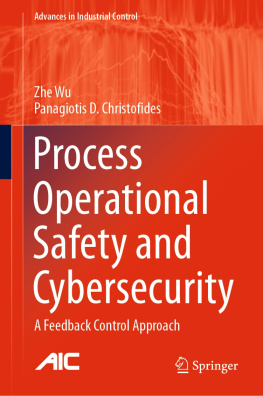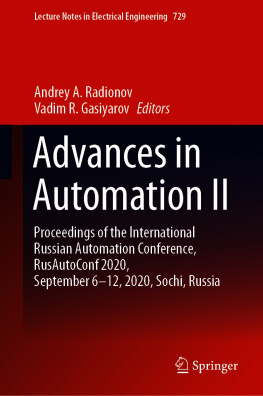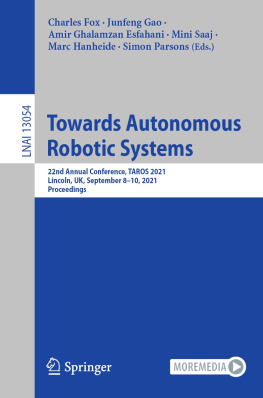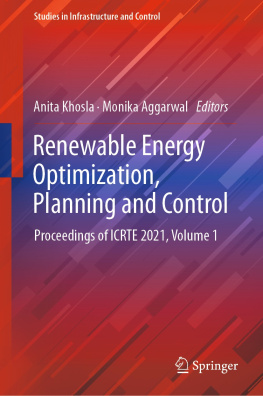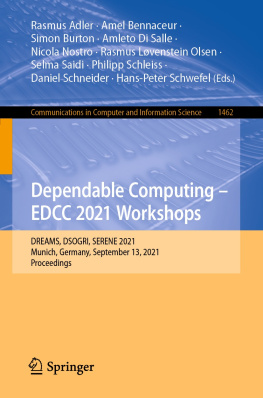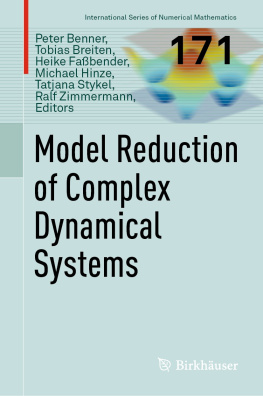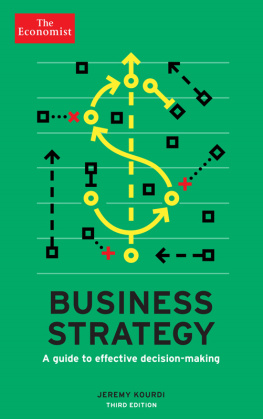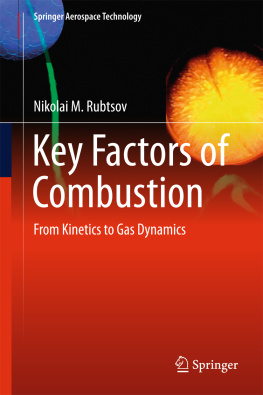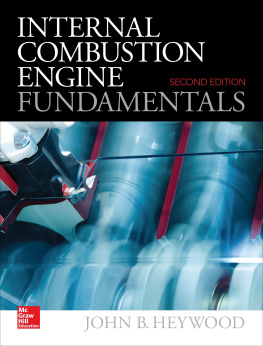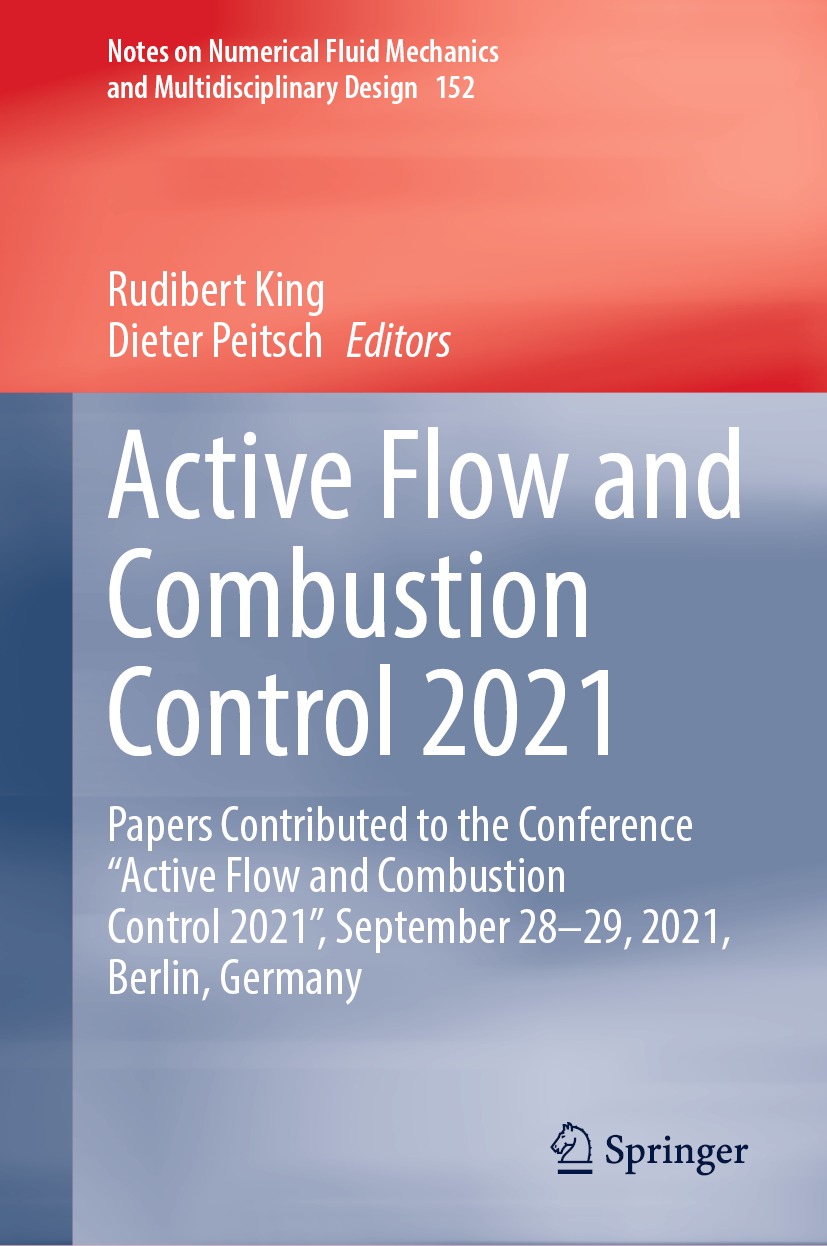Volume 152
Notes on Numerical Fluid Mechanics and Multidisciplinary Design
Series Editor
Wolfgang Schrder
Aerodynamisches Institut, RWTH Aachen, Aachen, Germany
Editorial Board
Bendiks Jan Boersma
Delft University of Technology, Delft, The Netherlands
Kozo Fujii
Institute of Space & Astronautical Science (ISAS), Sagamihara, Kanagawa, Japan
Werner Haase
Neubiberg, Bayern, Germany
Michael A. Leschziner
Department of Aeronautics, Imperial College, London, UK
Jacques Periaux
Paris, France
Sergio Pirozzoli
Department of Mechanical and Aerospace Engineering, University of Rome La Sapienza, Roma, Italy
Arthur Rizzi
Department of Aeronautics, KTH Royal Institute of Technology, Stockholm, Sweden
Bernard Roux
Ecole Suprieure dIngnieurs de Marseille, Marseille CX 20, France
Yurii I. Shokin
Siberian Branch of the Russian Academy of Sciences, Novosibirsk, Russia
Managing Editor
Esther Mteling
RWTH Aachen University, Aachen, Germany
Founding Editor
Ernst Heinrich Hirschel
Zorneding, Germany
Notes on Numerical Fluid Mechanics and Multidisciplinary Design publishes state-of-art methods (including high performance methods) for numerical fluid mechanics, numerical simulation and multidisciplinary design optimization. The series includes proceedings of specialized conferences and workshops, as well as relevant project reports and monographs.
Indexed by SCOPUS, zbMATH, SCImago.
All books published in the series are submitted for consideration in Web of Science.
More information about this series at http://www.springer.com/series/4629
Editors
Rudibert King and Dieter Peitsch
Active Flow and Combustion Control 2021
Papers Contributed to the Conference Active Flow and Combustion Control 2021, September 2829, 2021, Berlin, Germany
1st ed. 2022

Logo of the publisher
Editors
Rudibert King
Department of Measurement and Control, Institute of Chemical and Process Engineering, Technische Universitt Berlin, Berlin, Germany
Dieter Peitsch
Department of Aero Engines, Institute of Aeronautics and Astronautics, Technische Universitt Berlin, Berlin, Germany
ISSN 1612-2909 e-ISSN 1860-0824
Notes on Numerical Fluid Mechanics and Multidisciplinary Design
ISBN 978-3-030-90726-6 e-ISBN 978-3-030-90727-3
https://doi.org/10.1007/978-3-030-90727-3
The Editor(s) (if applicable) and The Author(s), under exclusive license to Springer Nature Switzerland AG 2022
This work is subject to copyright. All rights are solely and exclusively licensed by the Publisher, whether the whole or part of the material is concerned, specifically the rights of translation, reprinting, reuse of illustrations, recitation, broadcasting, reproduction on microfilms or in any other physical way, and transmission or information storage and retrieval, electronic adaptation, computer software, or by similar or dissimilar methodology now known or hereafter developed.
The use of general descriptive names, registered names, trademarks, service marks, etc. in this publication does not imply, even in the absence of a specific statement, that such names are exempt from the relevant protective laws and regulations and therefore free for general use.
The publisher, the authors and the editors are safe to assume that the advice and information in this book are believed to be true and accurate at the date of publication. Neither the publisher nor the authors or the editors give a warranty, expressed or implied, with respect to the material contained herein or for any errors or omissions that may have been made. The publisher remains neutral with regard to jurisdictional claims in published maps and institutional affiliations.
This Springer imprint is published by the registered company Springer Nature Switzerland AG
The registered company address is: Gewerbestrasse 11, 6330 Cham, Switzerland
Preface
The efficient conversion of energy to serve societal needs for mobility and improved lifestyle enjoys continuous attention since decades and especially in recent years by initiatives like Fridays for Future and others. However, striving for more efficiency poses challenges for conventional energy conversion systems such as gas turbines. Thermodynamically, conventional configurations are limited in terms of further efficiency improvements by maximum temperature allowances to avoid unwanted emissions and ensure sufficient lifetime.
Since many years, energy research in Berlin has focused on the improvement of both the efficiency and effectivity of technical systems. Active flow control (AFC) demonstrated a strong potential to save costs for land, sea, and air vehicles already by reducing drag and increasing lift. The successful collaborative research center CRC 557 Control of turbulent shear flows at Technische Universitt Berlin, funded by the Deutsche Forschungsgemeinschaft (DFG), led to a strong recognition of this approach and resulted in a series of conferences, where the findings were discussed with experts in the field. In parallel, pressure gaining combustion (PGC) promised a significant chance to increase thermal efficiency of gas turbines. However, these approaches of more efficient thermodynamic cycles introduce the challenge of unavoidable unsteadiness for adjacent components. In order to increase the operability range of combustors, compressors, and turbines, the effect of highly dynamic processes has thus moved into the focus of research activities.
In order to wide up the view onto the potential of PGC, the CRC 1029 substantial efficiency increase in gas turbines through direct use of coupled unsteady combustion and flow dynamics was proposed, which was granted by DFG in 2012 for a first 4-year period and continued for a second funding period in 2016. The objective is to achieve a higher thermodynamic efficiency of gas turbines, while keeping the additional control and aerodynamic challenges within bounds. Multidisciplinarity has been proven to be required definitely, which is expressed in this volume by the combined authorships from various disciplines. Thermodynamic understanding of energy conversion together with experimental and numerical fluid mechanics needs to be combined with mathematics and control theory in order to create the overall picture. The reduction in amplitude of pressure waves traveling within the system was achieved by the introduction of concepts like the shockless explosion combustion (SEC). Included in this volume are as well results for rotating detonation combustion (RDC), which in this context appears to be a promising concept for the future as well.
A series of successful conferences was set up in the past to convey the results of this detailed research, bringing together recognized experts in these various fields. Starting in 2006 and 2010 with Active Flow Control I and II, an interdisciplinary discussion was initiated in the community. This approach was followed later by adding the specific challenges of controlling unsteady combustion in the conferences Active Flow and Combustion Control in 2014 and 2018. The present volume contains most of the presentations given at Active Flow and Combustion Control 2021. The successful format of the preceding conferences was unchanged with invited lectures and single-track sessions only. Not all presenters could prepare a manuscript for this volume, but it still presents a well-balanced combination of theoretical, numerical, and experimental state-of-the-art results of active flow and combustion control.

